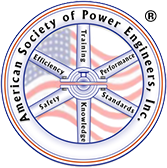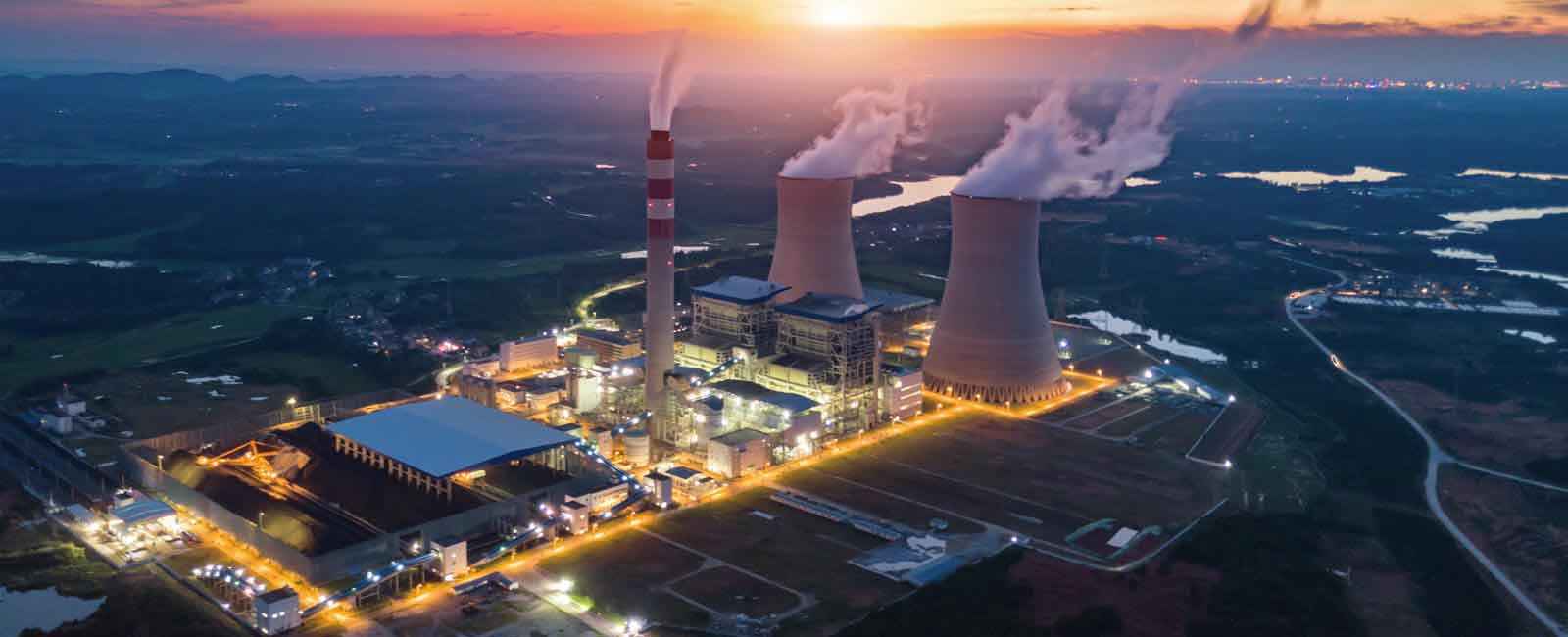Establishing National
Standards for Power Engineers.
HVAC / Chiller Operating Engineer Second Class
ASOPE® offers an opportunity to obtain an HVAC / Chiller Operating Engineer - Second Class license. A list of qualifications that are required to receive your HVAC / Chiller Operating Engineer - Second Class license is outlined below. Requirements include being a minimum age of 18 years old, a high school diploma/GED or equivalent, and one year time in experience as an HVAC / Chiller Operating Engineer 3rd class.
If all qualifications are met, you will be required to schedule an exam. The exam consists of a wide range of curriculum, including, but not limited to, mathematics, thermodynamics and heat, psychometrics, electricity and electrical safety, pressure-enthalpy diagrams, and heat pumps. This examination will be multiple choice with 50 questions. Upon completion of the HVAC/Chiller Operating Engineer Second Class license exam, an ASOPE® representative will notify you of a "pass" or "fail" status. If you fail, you will be offered additional opportunities to retake the exam. Please review our Failed Test Procedures to learn more.
If you have any questions or concerns regarding the HVAC/Chiller Second Class, please contact the ASOPE® national office.
Test Fee $45.00
Requirements to take the test
- Minimum age – 18
- Education - High School Diploma, GED, or equivalent
- Experience - One year of experience in grade as an HVAC / Chiller Operating Engineer 3rd class
- Must have EPA 608 CORE certification
Examination – Written Test 50 Questions Multiple Choice
Licensed to Operate after successfully passing the test
-
Maximum Refrigeration or Air Conditioning (unsupervised) 2000 ton
Recommended Books and Reading
- HVAC Water Chillers and Cooling Towers CRC Press
- HVAC and Refrigeration Systems American Technical Publishers
- Industrial Maintenance and Troubleshooting American Technical Publishers
The test will include competency and proficiency questions in the following areas:
- Mathematics
- General Industrial Safety
- Thermodynamics and Heat
- Electricity and Electrical Safety
- Psychometrics
- Commercial Heating and Cooling Systems
- Commercial Refrigeration Systems
- Management of Refrigerants and Refrigeration Systems
- Pressure-Enthalpy Diagrams
- Compression Systems –Low Side
- Compression System- High Side
- Heat Pumps
- Control Systems
- Cooling Tower Design, Application, Operation & Maintenance
- Heating and Cooling Loads and Calculations
- Distribution System Balance
- Absorption Chillers Ammonia & Lithium Bromide
- Vapor Compression Chillers
- Electronic and Programmable Controllers
- Mechanical Systems
- Fluid Power Systems
- Troubleshooting


